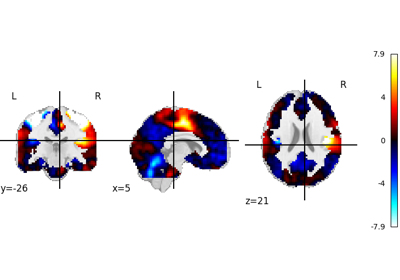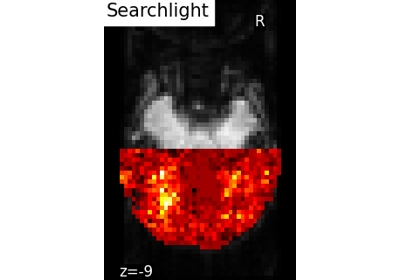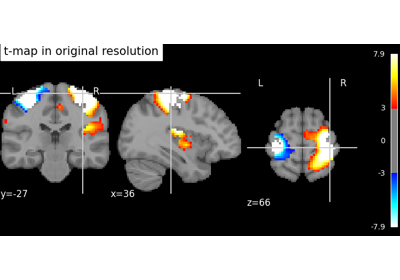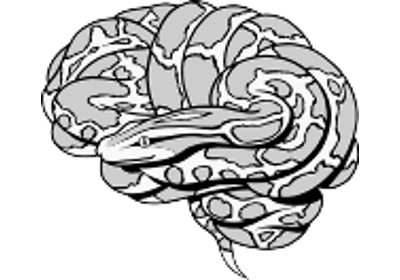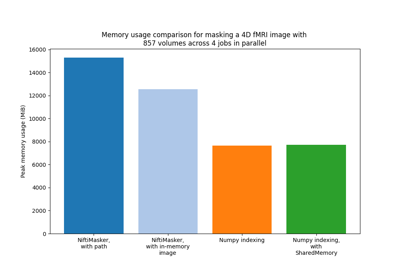Note
This page is a reference documentation. It only explains the function signature, and not how to use it. Please refer to the user guide for the big picture.
nilearn.image.load_img¶
- nilearn.image.load_img(img, wildcards=True, dtype=None)[source]¶
Load a Niimg-like object from filenames or list of filenames.
Added in Nilearn 0.2.5.
- Parameters:
- imgNiimg-like object
If string, consider it as a path to NIfTI image and call nibabel.load()`on it. The ‘~’ symbol is expanded to the user home folder. If it is an object, check if affine attribute is present, raise `TypeError otherwise. See Input and output: neuroimaging data representation.
- wildcards
bool, default=True Use img as a regular expression to get a list of matching input filenames. If multiple files match, the returned list is sorted using an ascending order. If no file matches the regular expression, a ValueError exception is raised.
- dtypedtype like, “auto” or None, default=None
Data type toward which the data should be converted. If “auto”, the data will be converted to int32 if dtype is discrete and float32 if it is continuous. If None, data will not be converted to a new data type.
- Returns:
- 3D/4D Niimg-like object
Result can be
Nifti1Imageor the input, as-is. It is guaranteed that the returned object has an affine attributes and that nilearn.image.get_data returns its data.
Examples using nilearn.image.load_img¶
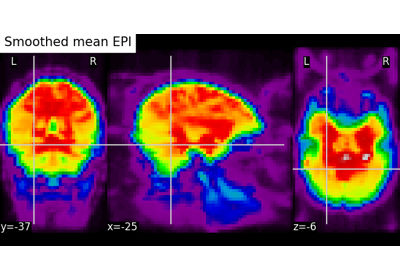
Computing a Region of Interest (ROI) mask manually
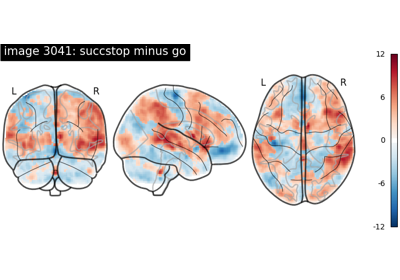
NeuroVault meta-analysis of stop-go paradigm studies
